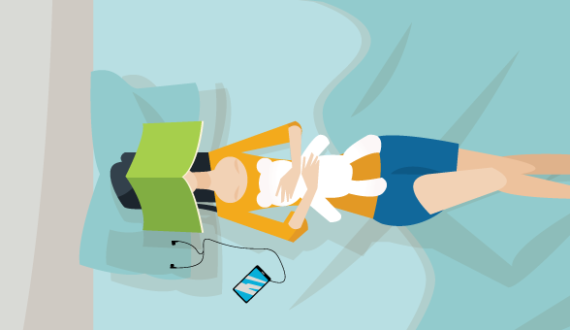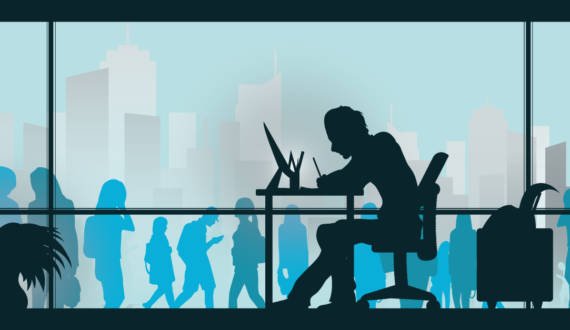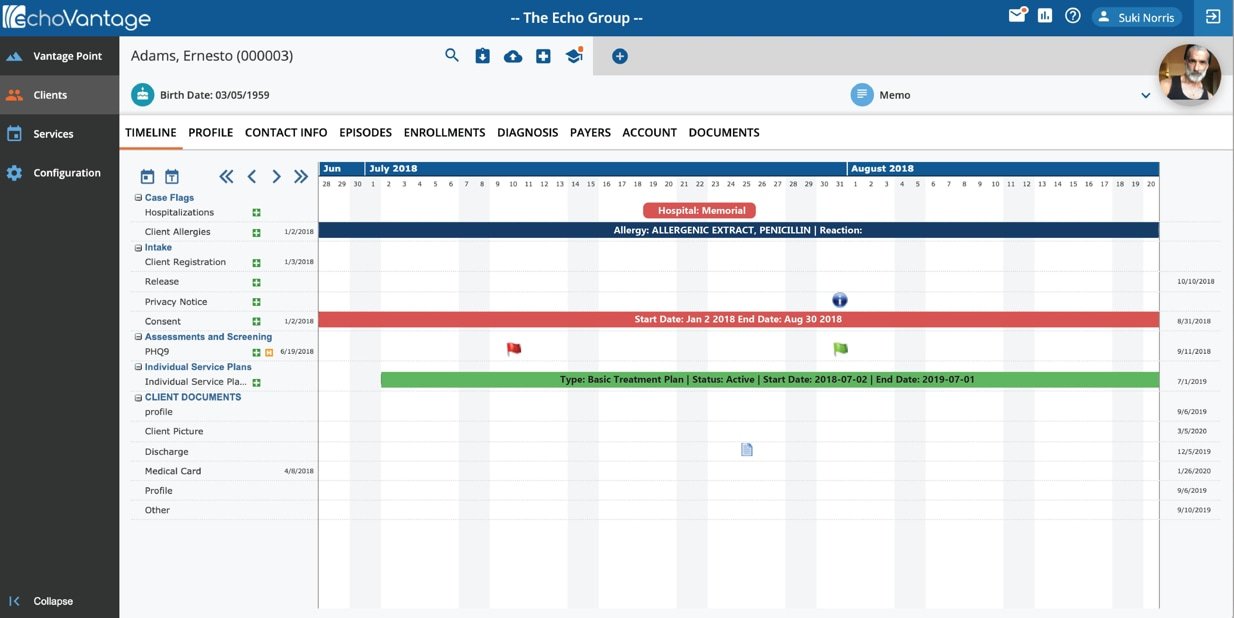Four Simple Words
We are all practicing social distancing, learning remotely, or working from home due to quarantine. Living life this way, while required, creates the risk of loneliness in people who don’t otherwise experience it and exacerbates the experience in those who are already lonely. The dictionary definition of loneliness includes being without company and cut off from others. These definitions apply to most of us who are in forced isolation
In the days before the pandemic, we knew that the experience of loneliness negatively impacts your health. Health effects include heart problems, type 2 diabetes, high blood pressure, weaker immune system, depression, high stress, decreased memory, drug abuse, and brain changes. Now we find ourselves in a place where we must balance the health risks of COVID-19 against the health risks of loneliness. We know that social contact may have a positive effect on loneliness; removing social connection is intrinsic to our most effective response to the transmission of the virus. We also know we are in a time without social connection.
Given these two diametrically opposed interventions, what can we do to begin addressing the need for some modified social connection during the pandemic? Start by using these four simple words to remain conscious of the need to connect to the unconnected. The words: “Hi, how are you?” These words, when if spoken to your neighbor, to the people you pass (at a distance) at the grocery store, to your friends online, can be the start of a safe and meaningful social connection. If you feel creative, you can create a more extensive social interaction. In Fairfield, Connecticut, public health nurses, library staff, and others are making informal calls regularly to those who want a friendly chat.
As I was writing this Blog Post, ABC News posted a story about the virtual “Adopt a Grandparent” program in Great Britain that has signed up over 67,000 volunteers in 3 weeks. Is it possible that such programs might work in your community?
One more thing to remember, if you get past the four simple words, and you are in a position to help; there are five simple questions you might want to ask:
- Do you have enough food?
- Are you in stable housing, or are you afraid of being homeless?
- Are you afraid of being hurt in your home or neighborhood?
- Are you taking your medication?
- Are you depressed or sad?
The answers to these questions will allow you to not only connect with people but will provide the information needed to get people the help they need.
Loneliness did not start with COVID-19, nor will the end of social isolation end loneliness, but COVID-19 did bring new challenges. We must create a system that is connected and socially isolated. We must reach out to those around us, and we must keep them at a distance. We can do this because we all know that loneliness is real, and this pandemic is making us all lonely.



